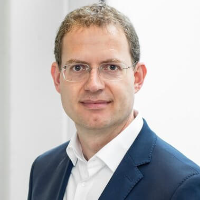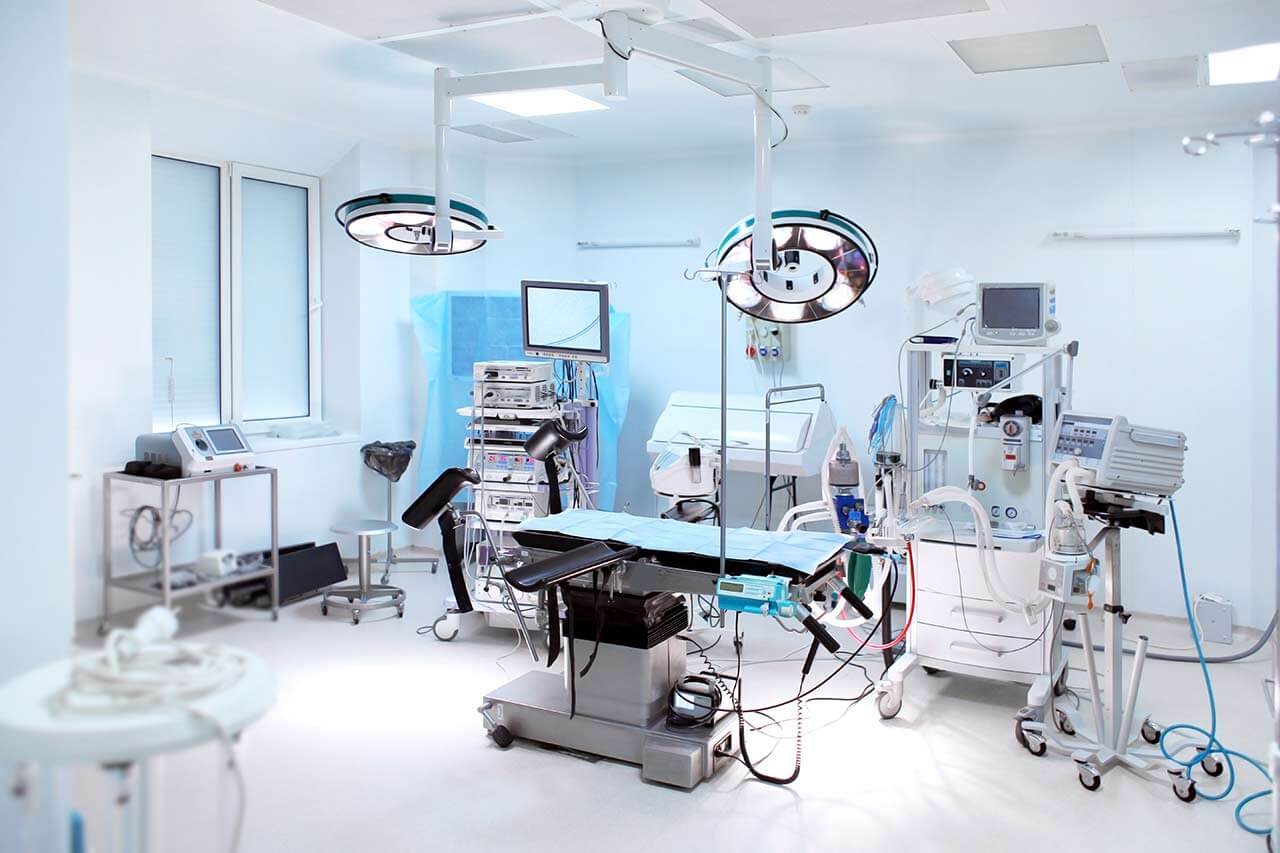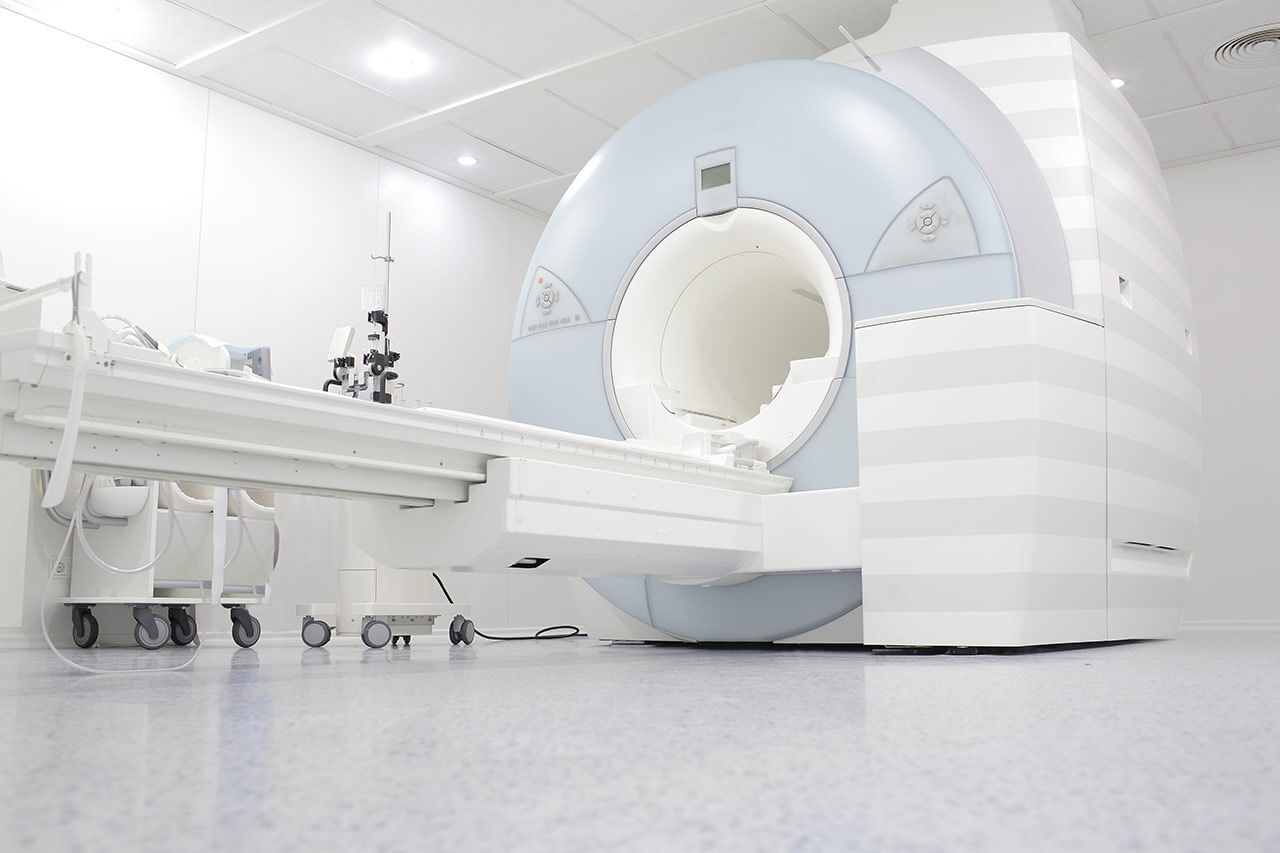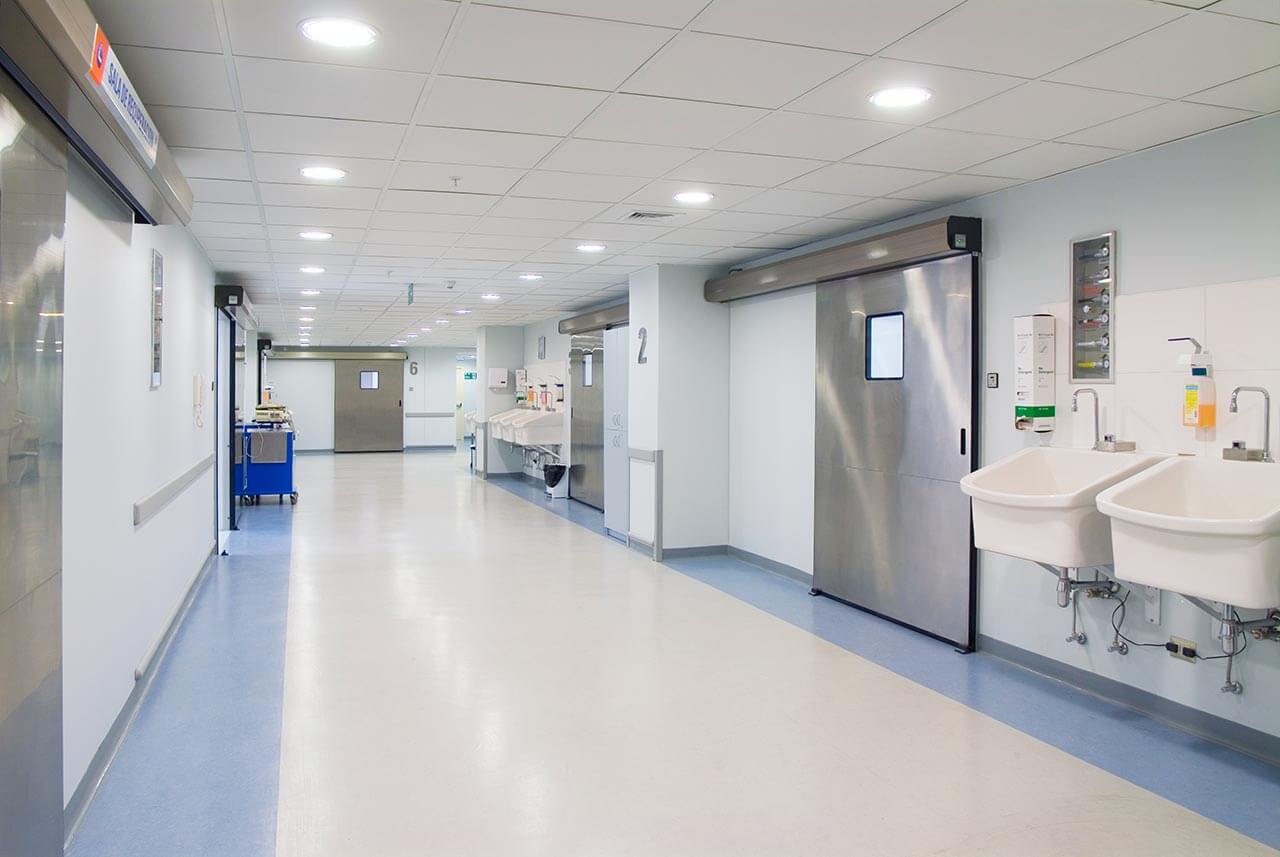
The program includes:
- Initial presentation in the clinic
- case history collection
- general clinical examination
- laboratory tests:
- complete blood count
- general urine analysis
- biochemical analysis of blood
- TSH-basal, fT3, fT4
- tumor markers
- indicators of inflammation
- indicators of blood coagulation
- CT/MRI scans of the whole body
- needle biopsy of the bone marrow
- biopsy and histological examination of CSF
- examination by experts of:
- Cardiology
- Otolaryngology
- Immunology
- Ophthalmology
- registration in the european bone marrow donor base
- conducting high-dose chemotherapy
- allogeneic bone marrow transplantation from
unrelated donor - isolation by neutropenic precautions
- symptomatic treatment
- the cost of essential medicines and blood products
- nursing services
- stay in the hospital with full board
- full hospital accommodation
- elaboration further recommendations
How program is carried out
During the first visit, the doctor will conduct a clinical examination and go through the results of the available diagnostic tests. After that, you will undergo the necessary additional examination, such as the assessment of liver and kidney function, ultrasound scan, CT scan and MRI.
Also, the doctor will conduct a bone marrow biopsy followed by cytological examination of the harvested material. This will help him to determine the histological features of your bone marrow (in particular, identify HLA system antigens) and select a suitable donor. The donor can be a family member or a person from the bone marrow registry. In the second case, the donor material is stored in a bone marrow bank.
Before the procedure, you will receive chemotherapy, if necessary in combination with radiation therapy. The course of chemo- or chemoradiation therapy lasts from 2 to 8 days.
The bone marrow transplant procedure is an intravenous infusion, i.e. the healthy bone marrow will be injected through a catheter, intravenously. You will stay in your room during the procedure. A bone marrow transplant is completely painless and does not require anesthesia.
During the period of healthy bone marrow engraftment, you will stay in a sterile ward. This is a necessary precaution because during this time your immune system is very weak and cannot withstand environmental pathogens. The risk of bleeding is also quite high, so you will be advised to avoid mechanical damage.
A relative or other close person may stay in the ward with you. You will not be allowed to go outside the department and leave your ward often. The rehabilitation period can last from 1 to 2 months.
When your complete blood count returns to normal, your doctor will schedule your discharge from the department. You will receive information about the rules that you will need to follow at home, the frequency and type of control examinations, and subsequent treatment measures. You will also receive a detailed medical report, which will reflect the entire course of treatment.
Required documents
- Medical records
- Bone marrow biopsy results (if available)
Service
You may also book:
 BookingHealth Price from:
BookingHealth Price from:
About the department
The Department of Hematology and Oncology at the University Hospital Halle (Saale) offers comprehensive diagnosis and effective treatment of the entire spectrum of oncological diseases of the hematopoietic system, benign blood disorders, and solid malignancies of various localizations. The primary specialization in the department is blood cancer treatment. The department's doctors have in their arsenal many methods with scientifically proven effectiveness in the fight against cancer: chemotherapy, targeted therapy, antibody therapy, hormone therapy, immunotherapy, as well as stem cell transplantation and innovative CAR T-cell therapy. Treatment tactics are developed taking into account the individual needs and wishes of each patient, thanks to which specialists manage to achieve good results. The department also offers maintenance therapy to alleviate the side effects of the basic course of cancer treatment and palliative care. The department has the status of a Leukemia and Lymphoma Center certified by the German Cancer Society (DKG). In addition, it is one of the few centers in Europe certified according to JACIE standards in the field of bone marrow transplantation. Competent physicians with in-depth knowledge and extensive clinical experience in their specialty care for the health of the patients. The department is headed by Prof. Dr. med. Michael Heuser.
The department specializes in the comprehensive treatment of hematopoietic diseases, both benign and malignant. This includes the management of acute and chronic leukemia, lymphoma, myeloproliferative disorders, myelodysplastic syndrome, and multiple myeloma. The diagnostic process includes a full range of advanced diagnostic examinations such as extensive laboratory testing, cytogenetic and molecular testing, bone marrow biopsy, and comprehensive imaging (X-ray, ultrasound, CT, and MRI) to accurately determine the stage and spread of the disease. Based on the diagnostic results, a personalized treatment regimen is developed, the main component of which are modern chemotherapy protocols. Depending on the clinical case, the department's specialists use innovative treatment modalities, including targeted therapy and immunotherapy, radiation therapy, and advanced CAR T-cell therapy.
In complex cases, a bone marrow transplant is required to treat blood cancer, in particular leukemia and lymphoma. This treatment is performed in a specialized center that is part of the department. It is certified in accordance with the JACIE criteria. The specialists of the medical facility offer both autologous and allogeneic stem cell transplants: in the first case, the patient's own stem cells are transplanted, and in the second, donor stem cells are transplanted. The optimal type of transplantation is determined after a thorough study of the patient's diagnostic results. The bone marrow transplant is performed under conditions of absolute sterility and in accordance with current European clinical protocols, which guarantees the highest chances of success.
The department's medical team has expertise in the treatment of solid malignant tumors of various localizations. The most common of these are colorectal, gastric, liver, lung, skin, breast, uterine, ovarian, prostate, and bladder cancers. The department's oncologists specialize in the systemic treatment of malignant diseases using chemotherapy, antibody therapy, immunotherapy, and other methods. The duration and intensity of treatment is determined by the attending oncologist, depending on the type of cancer, the stage of the oncological process, the patient's general condition, age, and other factors. Oncologists work hand in hand with radiation therapists, surgeons, and doctors of other specialties, because defeating cancer requires comprehensive treatment that combines several types of therapy.
A special offer of the department is CAR T-cell therapy, an innovative type of cell therapy. This treatment is indicated for patients with lymphoma, acute lymphoblastic leukemia, and multiple myeloma. The essence of CAR T-cell therapy is as follows: the patient's T-cells are collected and then genetically modified in the laboratory by introducing a chimeric antigen receptor (CAR) into the genome to destroy cancer cells. Before CAR T-cells obtained in the laboratory are infused into the patient's body, chemotherapy is administered to create optimal conditions for the immune cells to proliferate in the body. Once in the patient's body, the CAR T-cells independently recognize cancer cells and purposefully destroy them. CAR T-cell therapy has proven its high efficiency in multiple clinical trials and is currently considered one of the most promising treatment methods in oncology. It should be noted that this treatment is only available at leading cancer centers in Europe.
The department's clinical focuses include the following:
- Diagnostics and treatment of malignant diseases of the hematopoietic system
- Acute and chronic leukemia
- Lymphomas
- Myeloproliferative diseases
- Myelodysplastic syndrome
- Multiple myeloma
- Diagnostics and treatment of benign diseases of the hematopoietic system with a special emphasis on blood clotting disorders
- Hemophilia A and B
- Von Willebrand disease
- Rare forms of coagulation factor deficiency and platelet dysfunction (thrombocytopathies)
- Diagnostics and treatment of solid malignant tumors
- Gastrointestinal cancer
- Urinary cancer
- Lung cancer
- Breast cancer
- Female reproductive system cancer
- Male reproductive system cancer
- Skin cancer
- Head and neck cancers
- Bone and soft tissue sarcomas
- Diagnostics and treatment of other hematological and oncological diseases
Curriculum vitae
Prof. Dr. med. Michael Heuser took up the post of Head Physician of the Department of Hematology and Oncology at the University Hospital Halle (Saale) and became W3 Professor for Oncology and Hematology at the Faculty of Medicine of the Martin Luther University Halle-Wittenberg in 2024. Prof. Heuser is a board certified specialist in internal medicine, hematology, and oncology, and has additional qualifications in hemostaseology, genetic counseling, and laboratory diagnostics. Dr. Michael Heuser focuses on the diagnosis and treatment of leukemia, lymphoma, benign blood disorders, and solid malignancies.
Prof. Heuser completed his medical training at the University of Berlin and the University of Heidelberg, followed by specialized clinical training at the Hannover Medical School. Dr. Michael Heuser gained invaluable experience during a three-year postdoctoral fellowship at the German Cancer Research Center in Heidelberg, the Hannover Medical School, and the British Columbia Cancer Agency in Vancouver, Canada. Upon his return to Germany, he accepted the position of the Head of the Max-Eder Junior Research Group at the Hannover Medical School. In 2015, Dr. Heuser was appointed W3 Professor at the Hannover Medical School and received a grant from the European Research Council (ERC). From 2018 to 2024, he worked as a Managing Senior Physician in the Department of Oncology and Hematology at the Hannover Medical School.
Memberships in Professional Societies and Organizations
- Chairman of the European LeukemiaNet MRD ELN-DAVID Working Group.
- Chairman of the Acute Myeloid Leukemia Guidelines Committee of the European Society for Medical Oncology (ESMO).
- Member of the Committee for the Development of Guidelines for Acute Myeloid Leukemia of the German Society for Hematology and Medical Oncology (DGHO).
- American Society of Hematology (ASH).
- European Leukemia Network (ELN).
- German Society for Hematology and Medical Oncology (DGHO).
- German-Austrian Acute Myeloid Leukemia Study Group.
- German Myelodysplastic Syndrome Study Group.
Photo of the doctor: (c) Universitätsklinikum Halle (Saale)
About hospital
According to the prestigious Focus magazine, the University Hospital Halle (Saale) is one of the best medical institutions in Germany!
The history of the hospital goes back more than 300 years, and during this time it has managed to gain an excellent reputation not only in Germany, but also throughout the world. The hospital positions itself as a specialized healthcare facility for the treatment of severe and rare diseases and injuries. The hospital provides medical care to patients of all ages in compliance with the latest scientific achievements. The hospital is distinguished by successful research activities, especially in the field of cardiovascular diseases and oncopathologies – the specialists in these areas have made significant contributions to the development of the very latest diagnostic methods and therapeutic approaches.
The University Hospital Halle (Saale) has 30 specialized departments representing almost all areas of modern medicine, as well as 17 narrowly focused institutes. About 35,000 patients receive qualified medical care of European standards in the hospital every year, and more than 212,000 patients are served on an outpatient basis. This number of patients is evidence of the high efficiency of medical services and the excellent image of the hospital in the international medical arena; patients from all over the world regularly seek medical attention here.
Some of the hospital's structural units deserve special attention. For example, the Central Emergency Department (the largest in Saxony-Anhalt), modern dental clinics, the Perinatal Center, and the Transplant Center, which has a history of more than 40 years. The Transplant Center performs more than 40 kidney transplants annually, most of them from living donors.
Thanks to the use of the latest medical technologies and the availability of state-of-the-art equipment, many previously high-risk surgeries and procedures can now be performed in the hospital using sparing techniques. In this context, hybrid cardiac surgery and robotic surgery using the innovative da Vinci Si® system in urology are worthy of mention.
An integral part of the successful clinical practice of the University Hospital Halle (Saale) is the availability of experienced and competent medical staff. The total number of employees at the hospital is more than 4,450. Many physicians are known far beyond the borders of Germany: they regularly conduct important research that enables the development of modern medicine. In addition, the hospital specializes in training medical students, so qualified doctors and professors are willing to pass on their experience to the younger generation.
The hospital has many quality certificates such as DIN EN ISO 9001:2015 certificate, German Cancer Society (DKG) certificate, JACIE certificate, EndoCert certificate, ClarCert certificate, German Spine Society (DWG) certificate, German Trauma Society (DGU) certificate, CERT iQ certificate, LGA InterCetert certificate, and others.
Photo: (с) depositphotos
Accommodation in hospital
Patients rooms
The patients of the University Hospital Halle (Saale) stay in comfortable single, double, and triple rooms with a modern design. All patient rooms have an ensuite bathroom with a toilet and a shower. The standard patient room includes a comfortable automatically adjustable bed, a bedside table, a wardrobe, a table and chairs for receiving visitors, a TV, a radio, and a telephone. The patient rooms have access to Wi-Fi. For safety reasons, the use of laptops and cell phones is prohibited in some areas, including the intensive care units. The hospital also offers enhanced-comfort patient rooms.
Meals and Menus
The hospital offers delicious and well-balanced meals three times a day: breakfast, lunch, and dinner. Patients and their companions can choose from three daily menus, which always include dietary dishes. If necessary, an individual menu can be prepared for the patient. Children are offered a special menu with healthy and tasty dishes, rich in nutrients necessary for a growing body.
Further details
Standard rooms include:
![]() Toilet
Toilet
![]() Shower
Shower
![]() Wi-Fi
Wi-Fi
![]() TV
TV
Religion
Religious services are available upon request.
Accompanying person
Your accompanying person may stay with you in your patient room or at the hotel of your choice during the inpatient program.
Hotel
Your accompanying person may stay with you in your patient room or at the hotel of your choice during the inpatient program.




